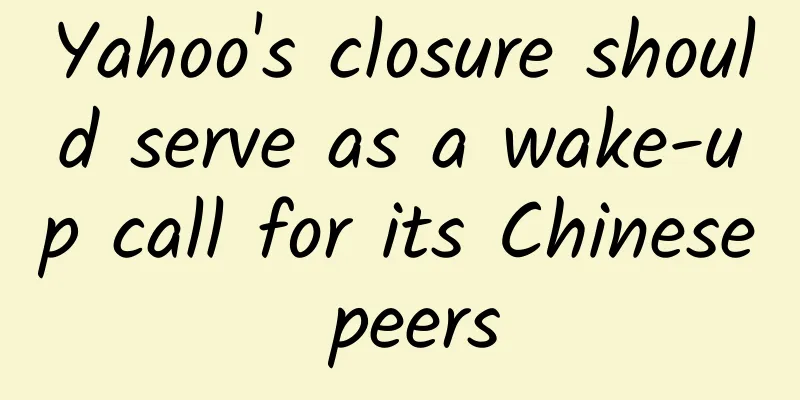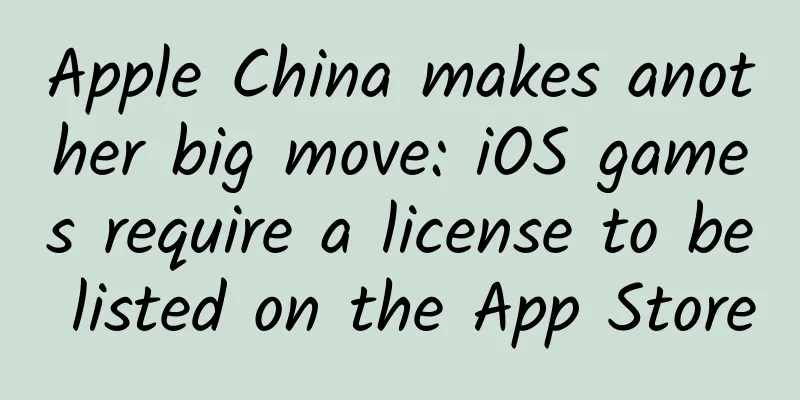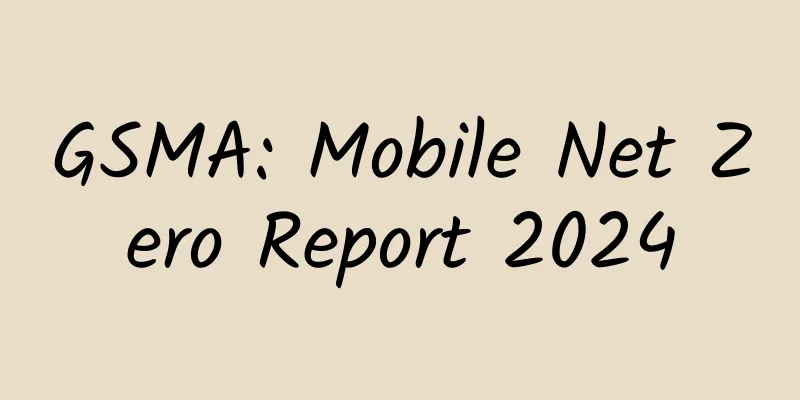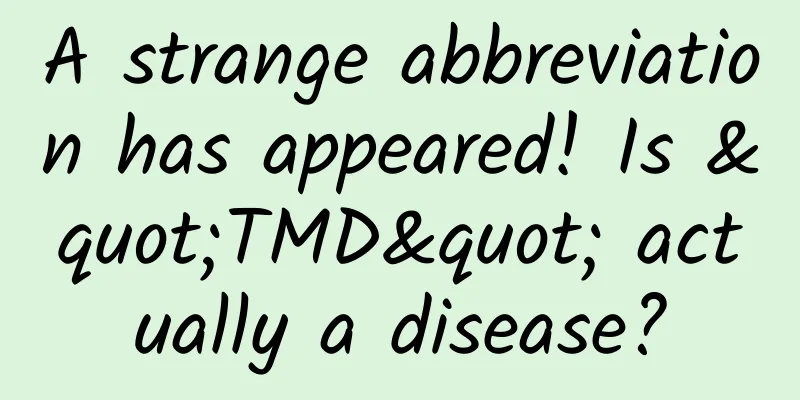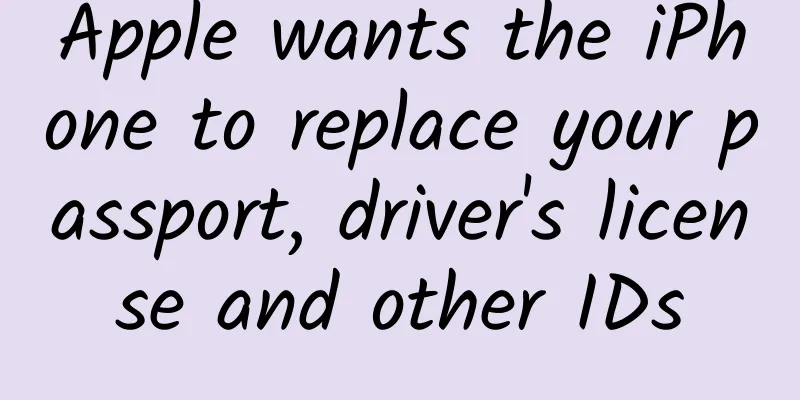If my WeChat account is blocked, who will protect my “right not to be forgotten”?
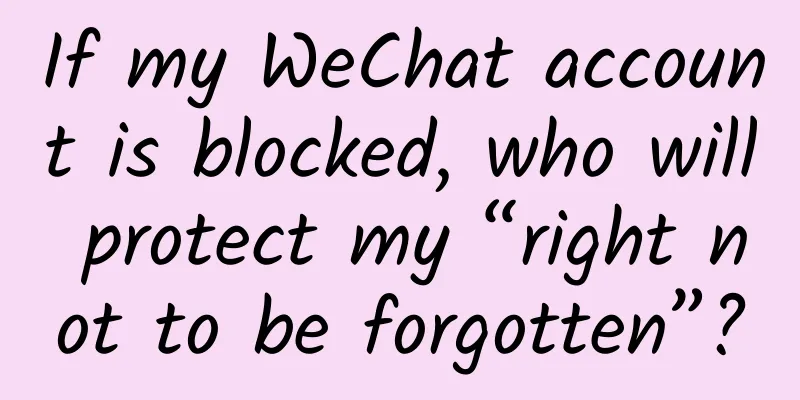
|
In the Internet age, many of people's behavioral interactions have moved online. Search engines, portals and other tools have accelerated the exchange of information. Social media has preserved every detail of your life and even "understands you better than you do." One problem this brings is that privacy becomes transparent, especially when this information is in the hands of large companies and can be used for advertising and marketing and can be exploited maliciously. So in the past few years, people have been fighting for the "right to be forgotten". Information about personal privacy should be able to be deleted, accounts can be cancelled, and published content can be chosen not to be made public to everyone. This is users taking back their own rights from big companies. The reality is that our social relationships and personal information are already strongly bound to some large platforms, such as WeChat. Commercial companies are vague in their handling of personal accounts. If your account is unfortunately blocked, the consequences may be beyond your imagination. At this moment, I think the "right not to be forgotten" is equally important. The relationship between WeChat and its users is “abnormal” For domestic netizens, social relationships are almost all built on WeChat, including family, colleagues, acquaintances and strangers. WeChat address book has replaced business card folder, and WeChat itself has replaced telephone and text messages. Such an "infrastructure" application is controlled by a commercial company, and you may not have full sovereignty over your personal account. WeChat's position as a "national application" is almost unshakable, and you can't convince everyone to switch to another platform. In the past few years, social communication products have continued to emerge, but the greatest energy they can arouse is to transfer a small circle of people to them. It is impossible to completely "replace" WeChat. Nowadays, there are all kinds of complaints about WeChat, and the situation where people want to criticize it but have to use it shows that this situation and this relationship between users and products are distorted. I am more concerned about the "right not to be forgotten" The biggest reason why we cannot live without WeChat is that our social relationships are completely tied to this product. If your WeChat account is blocked, maybe acquaintances, friends, and classmates can keep in touch through other means, but business partners and those who you added by chance will never be added back.
Of course, these concerns are based on the extreme case of "WeChat account being blocked". The process of adding friends requires two-way verification, which is not as simple as saving a phone number, so it will be difficult to re-establish this kind of contact. But in fact, these functions should be given to users, although they are "a last resort" after the generalization of WeChat's acquaintance relationship chain. The three-day visible circle of friends, circle of friends groups, blacklists, the recent "chat only" option when adding friends, and restrictions on adding methods are all aimed at solving this complex but inescapable situation. WeChat’s social relationship chain is already complicated enough, and the most criticized point is that work and life are not separated. People in many professions have accumulated a large amount of resources and connections on WeChat. The consequences of having a WeChat account blocked are something most people cannot afford, as it means you will permanently lose contact with a large number of people in your weak relationship chains. Functions like limiting the way of adding actually protect some individuals, but do not fundamentally solve the problem of complicated relationship chains. Now I can understand those who are used to saving business cards. It would be better to be able to sync them with other apps and export them, rather than just keeping social relationships on WeChat. There are various third-party tools for exporting WeChat address books on the Internet, but the official has not yet launched it. I think it is very necessary. Social relationships should not become a bargaining chip for platforms to bind users. 100 million people taught Zhang Xiaolong how to create WeChat because they had no choice It is not WeChat’s fault that the situation today has become what it is today. When facing a super app that is growing by leaps and bounds, it is difficult to develop features for unknown needs in advance. But when you grow to a sufficient scale, you should take on the corresponding responsibilities. The thinking behind a product with 1 billion users is different from that of other products. The reason why there are so many complaints about WeChat online is that most people have no other choice. For example, the function of changing IDs is not expensive on other platforms, but it is not possible on WeChat. In a sense, WeChat ID is more important than the ID card number. It has emotional tendencies, not a cold combination of numbers and English. Changing the ID once a year is a chance for "young and ignorant" people to regret their mistakes. In fact, there are better ways to deal with it, such as functions similar to transferring public accounts, where the subject changes but the subscription relationship (friend relationship) remains unchanged. Some people are used to deleting all chats, while others are used to taking years of chat records with them. This is actually a manifestation of an abnormal relationship. WeChat should at least provide a useful backup function for those who need to save chat history. Of course, I think there should be a better solution, such as storing it in the cloud. (Some people may worry about privacy at this point. Everyone has different needs and it is really impossible to meet them all at the same time.) In addition to social relationships, WeChat is now a comprehensive package of various life services. Payment, QR code scanning, Moments, and various login accounts. This deep binding brings many conveniences, but it also firmly binds users to the ecosystem. WeChat provides a complicated withdrawal process for blocked accounts on its help page, but of course I hope you never get to that step. We need a more open instant messaging tool As WeChat has grown to this point, the status quo is difficult to change. What may break this system is RCS, which is controlled by operators, not restricted by commercial competition, and more open. The social relationship chain is likely to be bound to the mobile phone number, and some measures are used to limit spam advertising, so the social relationship chain can be exported or retained, and there will be no strong binding relationship with the platform. Of course, how RCS can change usage habits and catch up with WeChat’s layout in basic services is another difficult problem. Recently, the topics of WeChat account blocking and the choice between iPhone and WeChat have been frequently searched. Most people’s attitude is “can’t live without WeChat”, but this doesn’t seem like a choice, but more like a trade-off. This abnormal relationship is painful for users and a hidden danger for WeChat. The product values that seemed very abstract in the past are particularly important for a product of WeChat's size. I think an imperative improvement is to quickly launch the function of exporting the address book, giving back what belongs to the user, rather than using it as a bargaining chip. Users should try to develop the habit of saving business cards to third-party apps, and not put all social relationships on one product. When registering an account, give priority to using email or mobile phone. Also, try to ensure that your account does not get blocked... at least until RCS (or other open instant messaging tools) arrives. |
<<: The 10 most common mistakes made by UI designers, see if you have made any
Recommend
OPPO Pad 2 all-round tablet review: audio and video, entertainment, light office, all in one
In 2010, the tablet computer was born under the c...
Cash stolen from Pinduoduo? After reading the WeChat emergency notification, it turns out that the culprit is Apple
How come my WeChat account was stolen when I was ...
In a few thousand days, will humans enter the intelligent age?
[Editor's Note] Currently, general artificial...
This kind of meat is really not edible! It is very dangerous! (People in the south should pay special attention)
Snakes give people the impression of being cold a...
From 700 billion to 1 trillion: Apple's crisis of prosperity
Apple's market value has exceeded $700 billio...
The underlying logic of user growth positioning!
There is a strange phenomenon. Internet companies...
Is the weight you lose when you are sick actually a form of immune “protection”?
In addition to weight loss Getting sick may also ...
During the start of the school season, how can information flow advertising cleverly leverage marketing momentum?
When will the “longest winter vacation” in histor...
Product promotion: 4 ways to attract seed users
The author of this article will introduce some st...
How do smart home appliances eliminate the "gap" between products and users?
To this day, there is still no clear definition o...
5 tips to improve the conversion rate of information flow accounts!
The conversion rate can, to a certain extent, ref...
Douyin’s official secrets for operating a hit product: one model + 5 sets of cases!
They are all putting on makeup, dancing, and show...
Bian Lichun: The Space Folding of Home
Bian Lichun's space folding technique resourc...
The "emotional guru" who teaches you how to win back your ex actually just started working last week
When Chu Chu saw that the "teaching material...
Chat Weapon Arsenal, teach you how to make him/her talk to you endlessly 1PDF
Chat Weapon Arsenal,, teach you how to make him/h...


